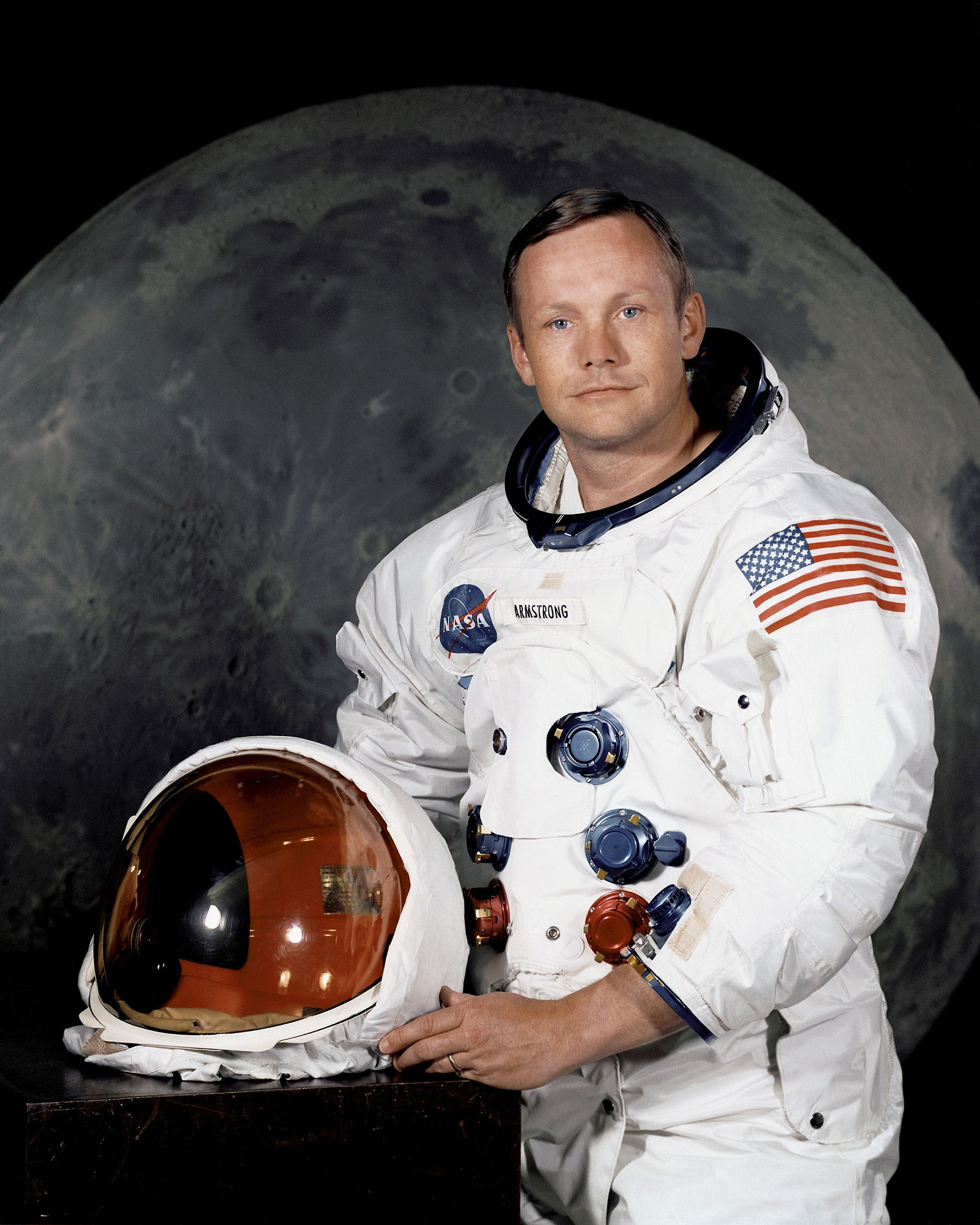 Neil Armstrong died on at a hospital in Columbus, Ohio, following complications resulting from cardiovascular procedures. Hours later, President Barack Obama released a statement on Armstrong's death describing him as "among the greatest of American heroes – not just of his time, but of all time". According to a statement released by the White House, Obama added that he, along with the Apollo 11 crew, carried the aspirations of the United States' citizens and that Armstrong had delivered "a moment of human achievement that will never be forgotten". Armstrong's family also released a statement that read "[he was a] reluctant American hero [and had] served his nation proudly, as a navy fighter pilot, test pilot, and astronaut. While we mourn the loss of a very good man, we also celebrate his remarkable life and hope that it serves as an example to young people around the world to work hard to make their dreams come true, to be willing to explore and push the limits, and to selflessly serve a cause greater than themselves." His colleague on the Apollo 11 mission, Buzz Aldrin, commented that he was "very saddened to learn of the passing. I know I am joined by millions of others in mourning the passing of a true American hero and the best pilot I ever knew." NASA Administrator Charles Bolden said that Armstrong will be "remembered for taking humankind's first small step on a world beyond our own."
Neil Armstrong died on at a hospital in Columbus, Ohio, following complications resulting from cardiovascular procedures. Hours later, President Barack Obama released a statement on Armstrong's death describing him as "among the greatest of American heroes – not just of his time, but of all time". According to a statement released by the White House, Obama added that he, along with the Apollo 11 crew, carried the aspirations of the United States' citizens and that Armstrong had delivered "a moment of human achievement that will never be forgotten". Armstrong's family also released a statement that read "[he was a] reluctant American hero [and had] served his nation proudly, as a navy fighter pilot, test pilot, and astronaut. While we mourn the loss of a very good man, we also celebrate his remarkable life and hope that it serves as an example to young people around the world to work hard to make their dreams come true, to be willing to explore and push the limits, and to selflessly serve a cause greater than themselves." His colleague on the Apollo 11 mission, Buzz Aldrin, commented that he was "very saddened to learn of the passing. I know I am joined by millions of others in mourning the passing of a true American hero and the best pilot I ever knew." NASA Administrator Charles Bolden said that Armstrong will be "remembered for taking humankind's first small step on a world beyond our own."At 2:56 UTC July 21, 1969, Neil Armstrong spoke the famous words "That's one small step for man, one giant leap for mankind."

No comments:
Post a Comment